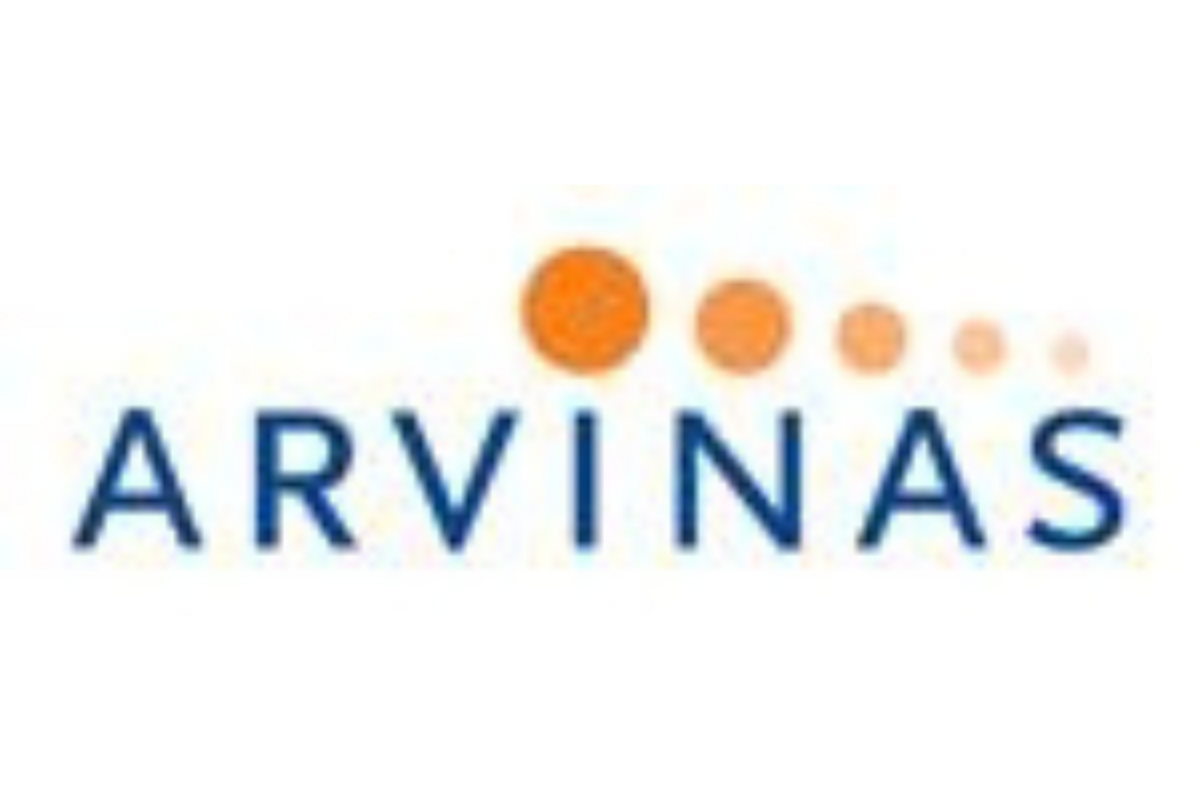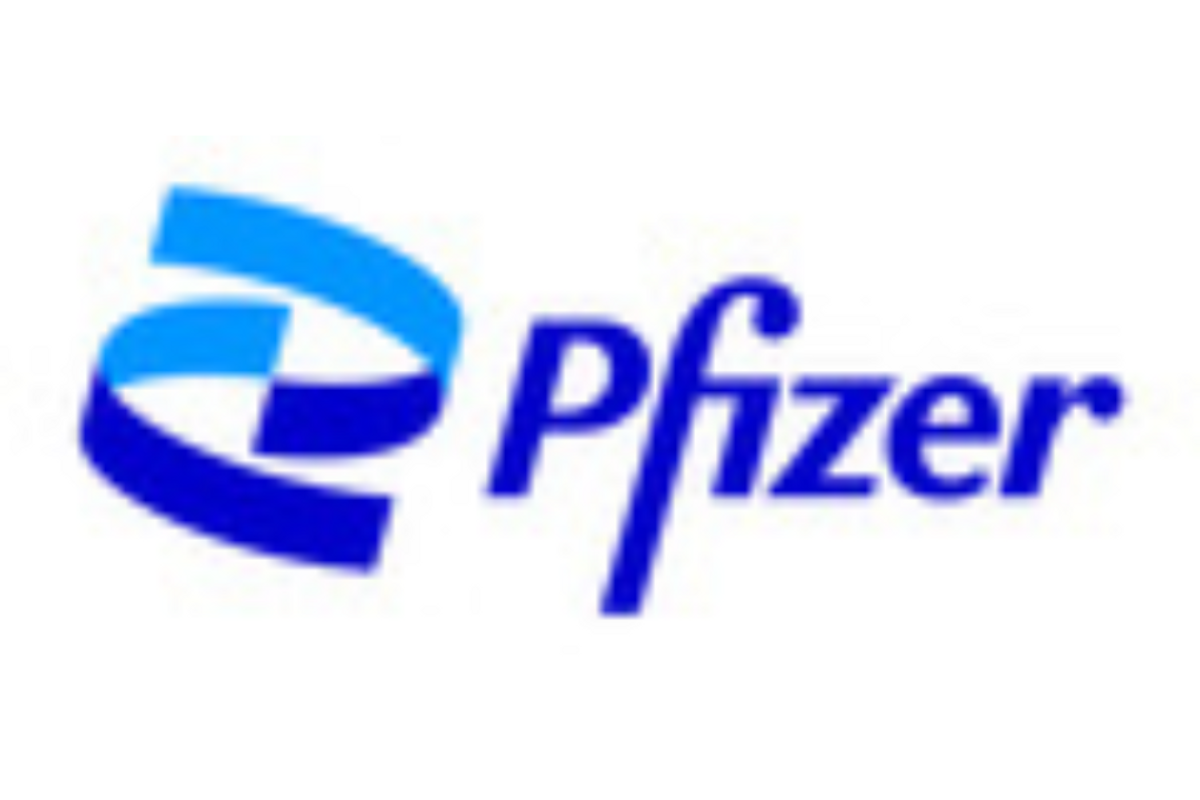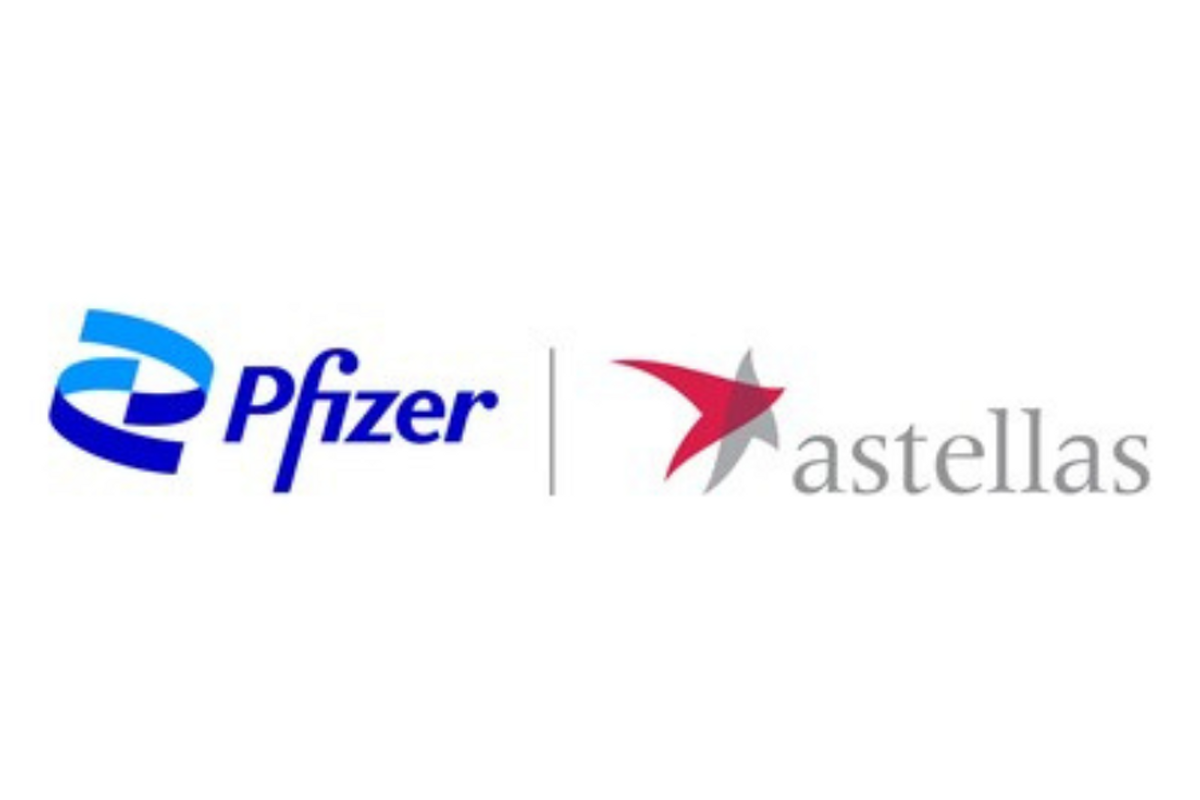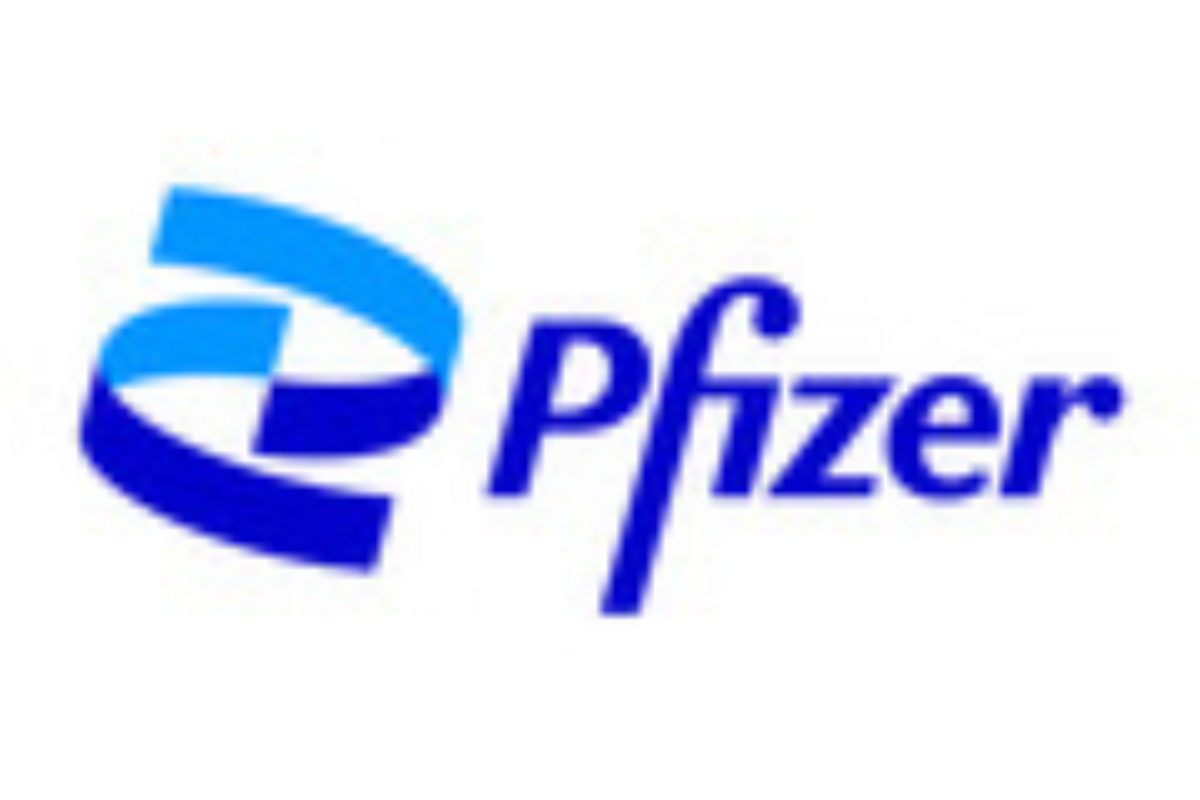- Pre-specified secondary endpoint showed 0-11 vaccine to placebo case split for medically attended C. difficile infection (CDI), corresponding to 100% vaccine efficacy
- Median CDI duration was 1 versus 4 days and mean duration was 3 versus 16 days comparing vaccine to placebo, corresponding to a 75% and 80% reduction in disease episode, respectively, in vaccinated people
- Vaccine was very well tolerated and showed a favorable safety profile
- Trial did not meet its pre-specified primary endpoint of prevention of primary CDI, however, for all CDI cases recorded at 14 days post dose 3, vaccine efficacy was 49%, 47% and 31% up to 12 months, 24 months and at final analysis, respectively
- Company evaluating next steps for C. difficile vaccine program in coordination with regulatory agencies
Pfizer Inc. (NYSE:PFE) today announced results from the CLOVER trial ( CLO stridium difficile V accine E fficacy T R ial), a pivotal Phase 3 study evaluating its Clostridioides difficile ( C. difficile ) vaccine candidate (PF-06425090) in the prevention of C. difficile infection (CDI). Initial analyses of two protocol defined secondary endpoints indicated a highly favorable benefit in reducing CDI severity and 100% vaccine efficacy in preventing medically attended CDI, although the trial did not meet its pre-specified primary endpoint of prevention of primary CDI. Safety reviews indicated that the investigational vaccine was safe and well tolerated.
"We are encouraged by the promising potential benefit observed against more severe C. difficile infection, as a large portion of cases lead to extended diarrhea episodes that can require hospitalization," said Kathrin U. Jansen, Ph.D., Senior Vice President and Head of Vaccine Research & Development, Pfizer. "We will evaluate next steps for our program in coordination with regulatory agencies. We are grateful to everyone who made the CLOVER study possible, including the study investigators and the trial participants for their contribution to this important research."
Clostridioides difficile infection is a serious infection associated with diarrhea that may progress to severe and debilitating illness with potentially fatal outcomes, 1,2 and the United States Centers for Disease Control and Prevention (CDC) has classified CDI as an urgent public health threat. 3 Close to 10 percent of patients aged 65 or older with a healthcare-associated C. difficile infection are at risk of death within 30 days of diagnosis and constitute 90 percent of those with risk for fatal outcome. All laboratory-confirmed CDI cases are among persons with diarrhea who seek medical care and have a stool specimen collected and tested for C. difficile . In 2017, the incidence of medically attended laboratory-confirmed CDI cases in those age 50 and older and those age 65 and older was 286/100,000 persons and 452/100,000 persons, respectively. 4
CLOVER enrolled approximately 17,500 adults, 50 years and older. The study was expected to accrue 66 cases of CDI within two years of the primary vaccination series. Due to significant operational challenges created in part by the COVID-19 pandemic, the final analysis was performed at 42 cases within four years after agreement from the U.S. Food and Drug Administration (FDA) to amend the protocol.
The two primary efficacy endpoints in CLOVER were first primary episode of CDI ≥14 days following completion of the third dose and first primary episode of CDI ≥14 days following completion of the second dose. Vaccine efficacy under the primary endpoint was 31% (96.4% CI -38.7, 66.6) following the third dose and 28.6% (96.4% CI -28.4, 61.0) following the second dose for the C. difficile vaccine candidate. For all CDI cases recorded 14 days post dose 3, vaccine efficacy 49%, 47% and 31% up to 12 months, 24 months and at final analysis, respectively.
The vaccine was very well tolerated and showed a favorable safety profile. Local and systemic reactions were mild to moderate, with mostly pain at the injection site with higher incidence after the second and third doses. The number of participants reporting overall adverse events (AEs), serious AEs (SAEs), withdrawals and deaths were similar between the two groups.
A highly favorable potential benefit was noted in reducing the duration and severity of disease. The pre-specified secondary endpoint of the proportion of participants who sought medical attention for CDI showed a 0-11 case split, corresponding to 100% vaccine efficacy. None of the participants with CDI in the vaccine group (0 out of 17; n=8,766) required medical attention (including hospitalization) compared to 11 (out of 25; n=8,769) in the placebo group. In addition, the median CDI duration was 1 versus 4 days and the mean duration was 3 versus 16 days comparing vaccine to placebo, corresponding to a 75% and 80% reduction in disease episode, respectively, in vaccinated people.
Pfizer will further evaluate data from the trial and determine next steps for our C. difficile vaccine program. The company plans to submit for presentation of the Phase 3 CLOVER trial results, including all secondary endpoints, at a future medical congress and for publication in a peer-reviewed scientific journal.
About the CLOVER Trial
CLOVER was a global, Phase 3, placebo-controlled, randomized study to evaluate the efficacy, safety, and tolerability of a C. difficile vaccine in adults 50 years of age and older. The study was designed to include subjects who were at high risk of CDI in a proximal time frame to receiving the primary vaccine series. Participants in the trial were randomized to receive three doses of the C. difficile vaccine (n=8,766) or placebo (n=8,769) at 0, 1 and 6 months. The two primary efficacy endpoints in CLOVER were first primary episode of CDI ≥14 days following completion of the third dose and first primary episode of CDI ≥14 days following completion of the second dose. Primary safety endpoints included local reactions, systemic events, adverse events and series adverse events. Secondary endpoints included reduction of incidence of all CDI cases following the second and the third vaccine dose; reduction of the severity of CDI after three doses by the duration of the CDI episodes and the requirement to seek medical attention; reduction of incidence of CDI recurrence after the second and third doses; and for those participants that only received two doses, reduction of the incidence of a first primary episode of CDI and recurrent CDI. As of March 1, 2022, the following secondary endpoints had not yet been analyzed: reduction of incidence of all CDI cases following the second and the third dose; reduction of incidence of CDI recurrence after second and third doses; reduction of incidence of a first primary episode of CDI for participants that only received two doses; and reduction of incidence of recurrent CDI for participants that only received two doses.
About Pfizer: Breakthroughs That Change Patients' Lives
At Pfizer, we apply science and our global resources to bring therapies to people that extend and significantly improve their lives. We strive to set the standard for quality, safety and value in the discovery, development and manufacture of health care products, including innovative medicines and vaccines. Every day, Pfizer colleagues work across developed and emerging markets to advance wellness, prevention, treatments and cures that challenge the most feared diseases of our time. Consistent with our responsibility as one of the world's premier innovative biopharmaceutical companies, we collaborate with health care providers, governments and local communities to support and expand access to reliable, affordable health care around the world. For more than 150 years, we have worked to make a difference for all who rely on us. We routinely post information that may be important to investors on our website at www.Pfizer.com . In addition, to learn more, please visit us on www.Pfizer.com and follow us on Twitter at @Pfizer and @Pfizer News, LinkedIn, YouTube and like us on Facebook at Facebook.com/Pfizer.
Disclosure Notice: The information contained in this release is as of March 1, 2022. Pfizer assumes no obligation to update forward-looking statements contained in this release as the result of new information or future events or developments.
This release contains forward-looking information about Pfizer's Clostridioides difficile (C. difficile) vaccine candidate that involves substantial risks and uncertainties that could cause actual results to differ materially from those expressed or implied by such statements. Risks and uncertainties include, among other things, the uncertainties inherent in research and development, including the ability to meet anticipated clinical endpoints, commencement and/or completion dates for our clinical trials, regulatory submission dates, regulatory approval dates and/or launch dates, as well as the possibility of unfavorable new clinical data and further analyses of existing clinical data; further analysis of data from the CLOVER trial; whether and when Pfizer will pursue potential development of a C. difficile vaccine and whether and when such development would be successful; whether and when any biologics license applications may be filed for the C. difficile vaccine candidate; whether and when any such applications may be approved by regulatory authorities, which will depend on myriad factors, including making a determination as to whether the product's benefits outweigh its known risks and determination of the product's efficacy and, if approved, whether the C. difficile vaccine candidate will be commercially successful; decisions by regulatory authorities impacting labeling, manufacturing processes, safety and/or other matters that could affect the availability or commercial potential of the C. difficile vaccine candidate; uncertainties regarding the ability to obtain recommendations from vaccine technical committees and other public health authorities regarding the C. difficile vaccine candidate and uncertainties regarding the commercial impact of any such recommendations; uncertainties regarding the impact of COVID-19 on Pfizer's business, operations and financial results; competitive developments; and risks and uncertainties generally characterizing developing new biopharmaceutical products, including those described under the heading "Risk Factors" in Pfizer's Annual Report on Form 10-K for the fiscal year ended December 31, 2021, which may be found at www.sec.gov and www.pfizer.com .
A further description of risks and uncertainties can be found in Pfizer's Annual Report on Form 10-K for the fiscal year ended December 31, 2021 and in its subsequent reports on Form 10-Q, including in the sections thereof captioned "Risk Factors" and "Forward-Looking Information and Factors That May Affect Future Results," as well as in its subsequent reports on Form 8-K, all of which are filed with the U.S. Securities and Exchange Commission and available at www.sec.gov and www.pfizer.com .
1 Lessa FC, Winston LG, McDonald LC; Emerging Infections Program C. difficile Surveillance Team. Burden of Clostridium difficile infection in the United States. N Engl J Med. 2015 Jun 11;372(24):2369-70. https://doi.org/10.1056/NEJMc1505190 .
2 Balsells E, Shi T, Leese C, Lyell I, Burrows J, Wiuff C, et al. Global burden of Clostridium difficile infections: a systematic review and meta-analysis. J Glob Health. 2019;9(1):010407. https://doi.org/10.7189/jogh.09.010407 .
3 CDC Disease Threat 2019 at https://www.cdc.gov/drugresistance/pdf/threats-report/2019-ar-threats-report-508.pdf .
4 2017 EIP Annual Report at https://www.cdc.gov/hai/eip/Annual-CDI-Report-2017.html .
View source version on businesswire.com: https://www.businesswire.com/news/home/20220301005495/en/
Pfizer:
Media Relations
+1 (212) 733-1226
PfizerMediaRelations@pfizer.com
Investor Relations
+1 (212) 733-4848
IR@pfizer.com







